Hazelnuts are a fantastic source of nutrients that can enhance brain function and help ward off degenerative diseases. They promote gut health by boosting beneficial bacteria, which can be helpful for those dealing with irritable bowel syndrome and constipation. Rich in vitamins and minerals, hazelnuts serve as strong antioxidants, combating free radicals and potentially preventing illnesses such as cancer and heart disease. Regularly including hazelnuts in your diet can lower cholesterol levels and support heart health, thereby reducing the risk of cardiovascular diseases. They also play a role in regulating blood sugar levels, which can help lower the risk of diabetes. The combination of antioxidants, monounsaturated fats, and other nutrients in hazelnuts helps to reduce inflammation and oxidative stress, further decreasing the likelihood of chronic diseases. Moreover, hazelnuts contribute to bone health by supplying essential vitamins like C and E, along with minerals such as calcium and magnesium.
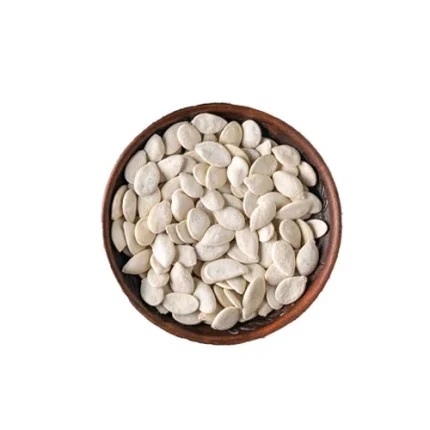
Hazelnut Unshelled (Magaz Findaq) مغز فندق
₨900
Overview
It belongs to the nut family. Hazelnut is commonly used in dairy and confectionery items like coconut like milkshakes, coffee, pastries, cookies, and spreads. We can also have raw, roasted, or blanched hazelnuts. Commercial hazelnuts are usually grown in large quantities in Turkey, Italy, Spain, and Portugal.
Benefits
Side Effect
Hazelnut seems to be safe for most people in food amounts. But some people are allergic to hazelnuts and have had serious allergic reactions including life-threatening breathing problems (anaphylaxis). Hazelnuts have also been associated with one reported outbreak of botulism from contaminated yogurt.
How To Consume
You can have raw hazelnuts just like other nuts Hazelnuts can be added to fruit or vegetable salads You can also have them as a snack If you do not want to have raw hazelnuts, you can add them to your diet by eating hazelnut chocolates or spreads. However, make sure that you have these in less quantity because commercial hazelnut spreads and chocolates have high sugar. You can buy unsweetened hazelnut chocolates too.
Nutritional Value
One ounce (28 grams, or about 20 whole kernels) of hazelnuts contains:
- Calories: 176
- Total fat: 17 grams
- Protein: 4.2 grams
- Carbs: 4.7 grams
- Fiber: 2.7 grams
- Vitamin E: 21% of the RDI
- Thiamin: 12% of the RDI
- Magnesium: 12% of the RDI
- Copper: 24% of the RDI
- Manganese: 87% of the RDI
| Weight |
|---|


 Shop layouts
Shop layouts
 Food Supplements
Food Supplements
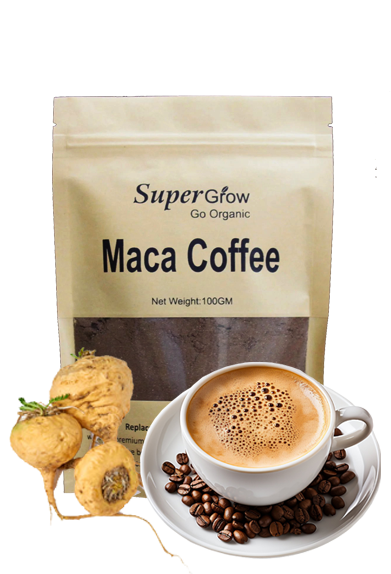
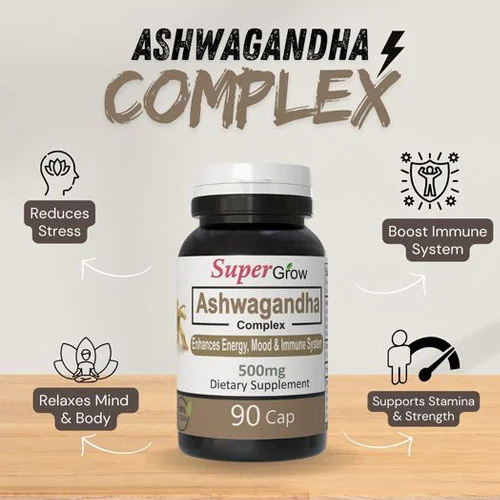


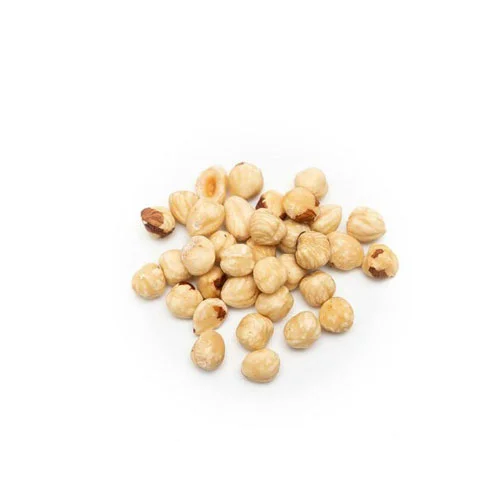
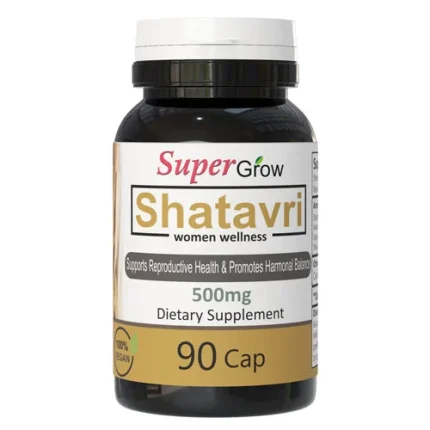
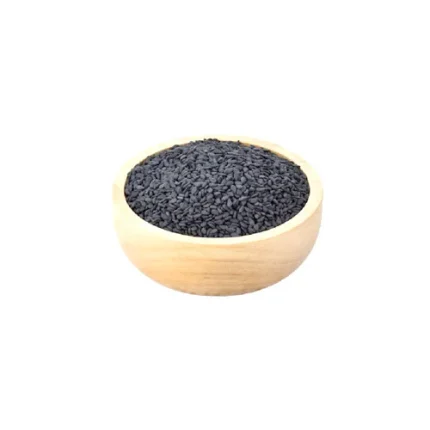
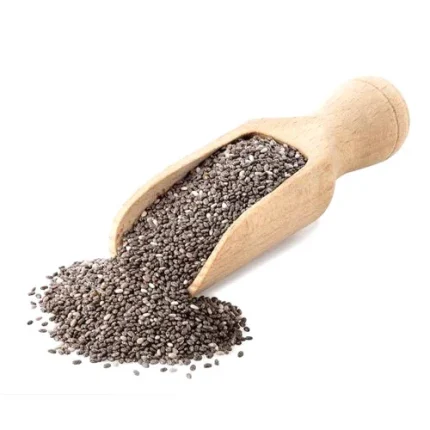
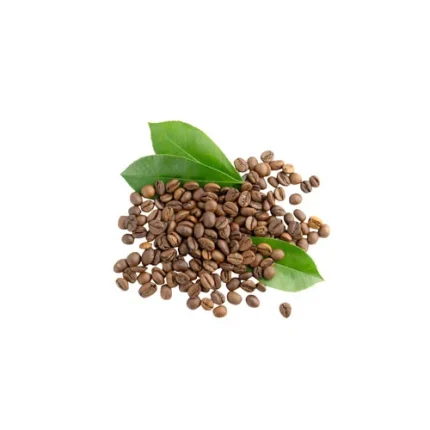
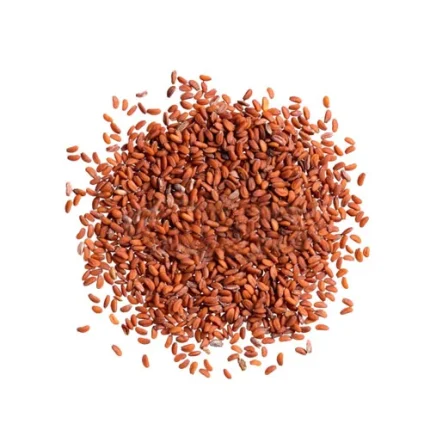

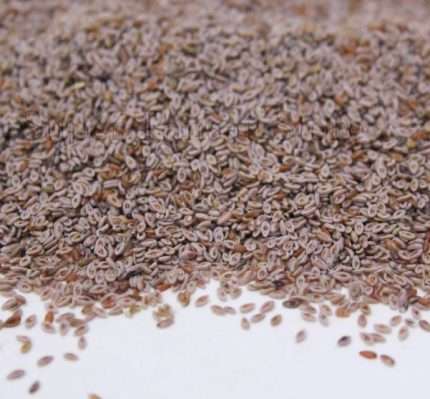
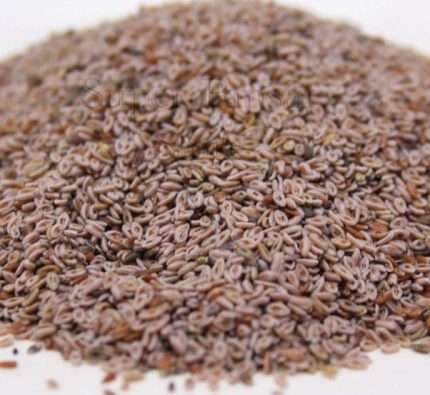
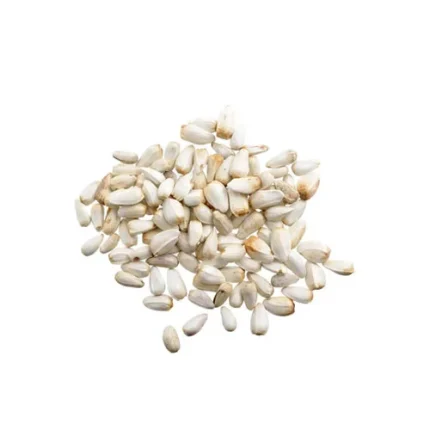
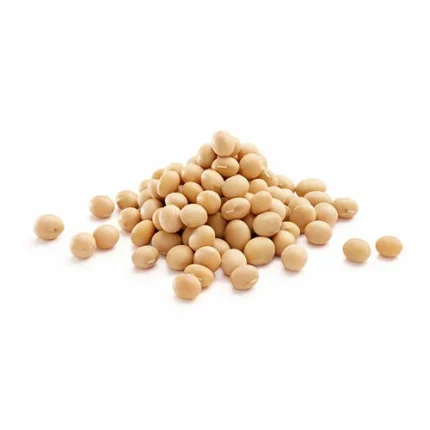
Reviews
There are no reviews yet.